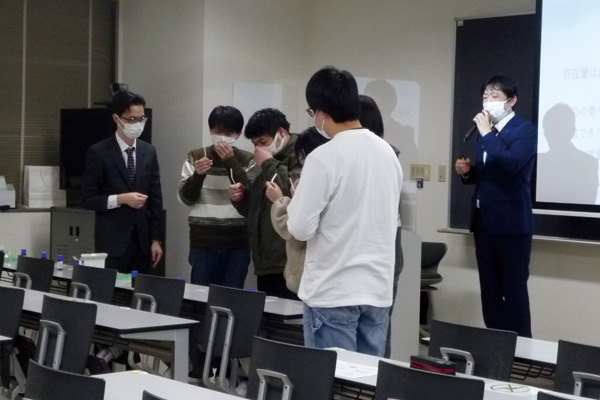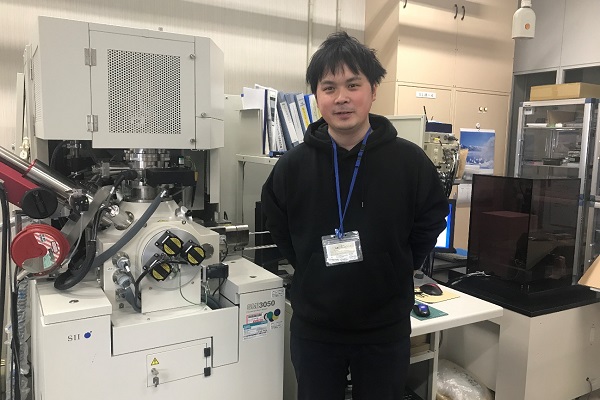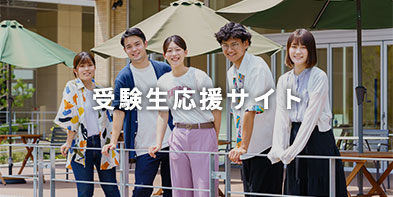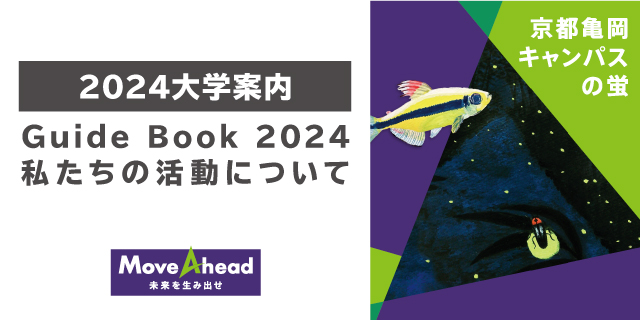工学研究科修士2年生の ホアン フエン ニュンさんらのプロジェクト「パーキンソン病患者の転倒防止のためのスマートホンアプリを用いたウェアラブル慣性計測センサ」が、「IEEE CIS Student Hackathon on Computational Intelligence in Biomedicine and Healthcare」で特別賞を受賞しました。「IEEE CIS Student Hackathon」は、2022年12月初めにシンガポール経営大学で開催されたIEEE(米国電気学会)の国際会議「2022 IEEE Symposium Series On Computational Intelligence (SSCI)」に関連するイベントで、スマート医療、スマートヘルスケア、スマートホスピタルに関する課題の解決のための革新的な人工知能ソリューションの開発を奨励することを目的としたプロジェクトのイベントです。
このプロジェクトは、パーキンソン病患者の転倒防止に注目しています。ニュンさんと共同研究者は、患者に施された治療の有効性を医療従事者が確認するのを支援するシステムを慣性計測センサを使って開発することを目指しています。このシステムは、加速度センサから意味のある特徴を抽出、ユーザーの歩くピッチと方向を求め、これを機械モデルに適用し、通常の歩行と異常な歩き方を見分けます。さらにこのアプリは、患者が倒れそうなときに予防として、倒れてしまったときには近くの人に助けを呼ぶため、警報を出すシステムも備えています。
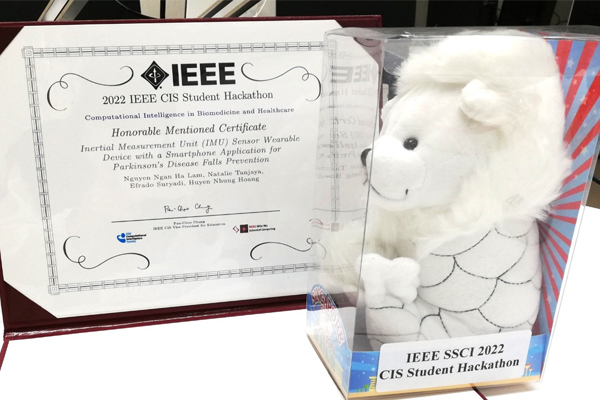
(工学部教授 今井欽之)
KUAS Engineering student Huyen Nhung HOANG awarded an Honorable Mention Certificate
A team including second-year KUAS master’s course student Huyen Nhung HOANG has been awarded an Honorable Mention Certificate from the IEEE CIS Student Hackathon on Computational Intelligence in Biomedicine and Healthcare for their project entitled "Inertial Measurement Unit (IMU) Sensor Wearable Device with a Smartphone Application for Parkinson’s Disease Falls Prevention". The Hackathon, affiliated with the 2022 IEEE Symposium Series On Computational Intelligence (SSCI) held at Singapore Management University in early December, encourages innovative computational intelligence solutions to core issues in smart medicine, smart healthcare, and smart hospitals including personalized, predictive, preventive, and participatory medicine and healthcare.
The team’s project focuses on fall prevention for patients with Parkinson's disease. Ms. Hoang and her team designed and partially developed an IMU sensor-based system that helps medical professionals to evaluate the effectiveness of treatments given to their patients. The system extracts meaningful information from accelerometer sensor data to determine a patient’s step speed and walking orientation. A decision tree model then classifies their gait as normal or abnormal. The system design also includes a mobile app that sends notifications when a patient is about to fall (for prevention) or has fallen (to summon help).

(Tadayuki Imai, Faculty of Engineering)
- 対象者
- 学部・学科
- 内容

